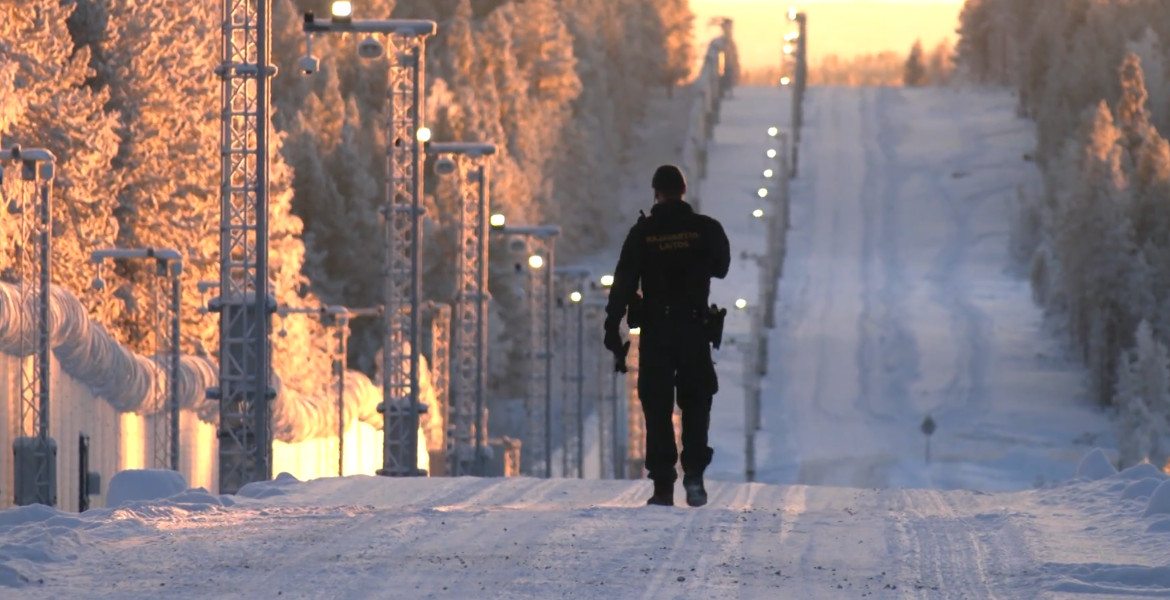LUMI, Europe’s fastest and the world’s fifth fastest supercomputer, has been integratated with the HELMI quantum computer.
The resulting hybrid system is, according to LUMI Director Pekka Manninen, “the most powerful quantum-enabled supercomputing infrastructure in the world".
Located in Kajaani, Finland, LUMI is renowned for its immense computational power, equivalent to approximately 1.5 million laptops. Now, the VTT Technical Research Centre has connected LUMI to the HELMI 5-qubit quantum computer, creating a hybrid computational architecture with enhanced capabilities and research potential.
“We see great potential in quantum computing for accelerating innovation for the benefit of companies and the whole society”, says Pekka Pursula, Research Manager at VTT.
The integration of LUMI and HELMI combines the processing power of classical supercomputing with the advanced capabilities of quantum computing. In this hybrid system, classical computing manages large-scale data processing, while HELMI tackles optimization challenges. This combination boosts efficiency and enables breakthroughs in fields like science, environmental modeling, logistics, and finance.
According to Pekka Manninen, Director of the LUMI Leadership Computing Facility at CSC - IT Center for Science, the upgrade makes it “the most powerful quantum-enabled supercomputing infrastructure in the world".
LUMI’s hybrid architecture is already supporting a wide array of critical research projects. For instance, it is aiding in the prediction of global weather patterns, advancing artificial intelligence research, and supporting drug discovery. Earlier this year, researchers at the University of Salerno used LUMI to analyze thousands of potential drug candidates, improving the efficiency of the drug development process.
The hybrid supercomputer is also proving useful in the study of space phenomena. Aalto University researcher Maarit Korpi-Lagg uses LUMI to study solar magnetism and its impact on solar activity. Her research involves numerical simulations to predict future solar behavior, helping society better understand the effects of solar storms.
Given the high energy demands of such advanced infrastructures, LUMI's location in central Finland was chosen for its access to low-cost hydroelectric power and naturally cold climate. The system also recycles its heat output to warm nearby buildings, reducing energy costs and emissions.
“Quantum computers are in many respects strange and unfamiliar, and it will be exciting to see how our customers end up using them”, comments Mikael Johansson, Quantum Technologies Manager at CSC, IT Center for Science in Espoo.





